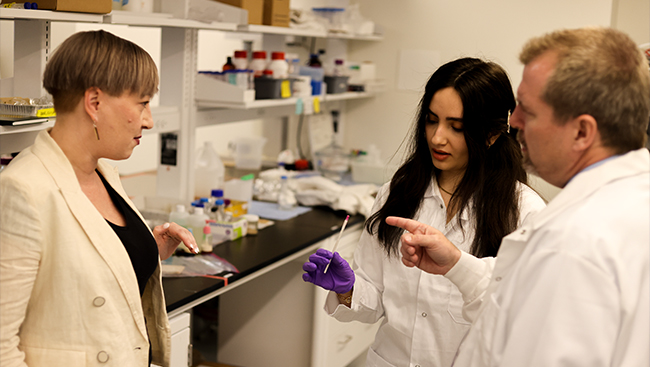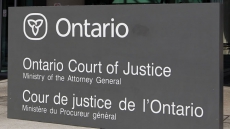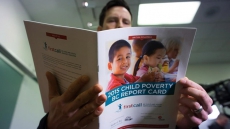VANCOUVER — Universities become part of the problem if they fail to support women who come to them with reports of sexual assault, says the head of a Vancouver women's group.
The University of British Columbia also has a moral duty to let women know they have the option of turning to police to report experiences of sexual misconduct, said Irene Tsepnopoulos-Elhaimer, executive director of Women Against Violence Against Women Rape Crisis Centre.
The Vancouver university has come under fire after several current and former UBC students took aim at the university's process for reporting instances of alleged sexual assault and harassment, lambasting the system as broken, dysfunctional and sexist.
"If institutions are not responding effectively then they are perpetuating violence against women," said Tsepnopoulos-Elhaimer, before singling out UBC.
"That kind of response is absolutely making a mockery out of the seriousness of sexual assault."
Former UBC graduate student Caitlin Cunningham said she chose not to report an alleged sexual assault to police after speaking with university administrators in July 2014 because she was reassured the school "would handle it."
"Honestly I had no idea what to do," said Cunningham, adding that she was unsure whether she even had the grounds to go to the RCMP.
"I turned to the people I thought could help me. I turned to the university for guidance and they assured me they could and would help me. But this has proved for the most part to be untrue."
Cunningham said she would have filed a police report had the university suggested that was her best course of action. The system was unclear to her from the beginning and remains so to this day, she added.

"I still don't really know what the process is," she said. "I don't know if they make it up as they go."
Sara-Jane Finlay, associate vice-president of equity and inclusion at UBC, said the university provides sexual-assault complainants with extensive information and resources, and always encourages them to contact police.
"There is nothing that precludes them from going to the RCMP," she said. "But ultimately it does have to come down to the survivor."
When asked whether sexual assault is an issue on campus at UBC, Finlay said: "Sexual assault is an issue that is concerning to all universities across Canada."
UBC spokeswoman Susan Danard said in an email that the school does not generally share reports of sexual assault directly with police.
"UBC respects the right of survivors of sexual assault to decide who they share information about the assault with," wrote Danard.
On Saturday, interim president and vice-chancellor Martha Piper issued a statement apologizing to any women who felt let down by the university's system for reporting sexual harassment. She pledged the school would launch an independent investigation into the matter.
But Cunningham rebuffed the apology as emblematic of the overall problem.

"I felt that everyone I spoke to really cared, and everybody said, 'We want to do the right thing here,'" Cunningham said.
"And what's been really, really troubling and really difficult and really disappointing is that I trusted and I believed that, and then it took them a year and a half to follow through."




